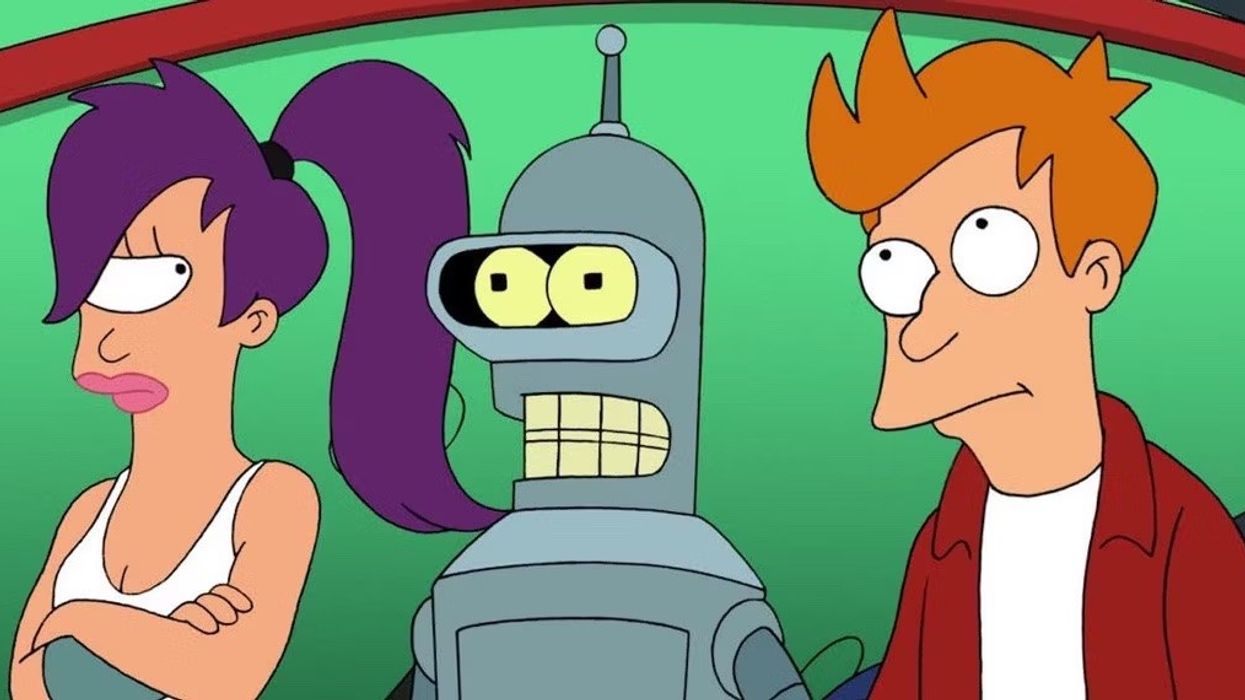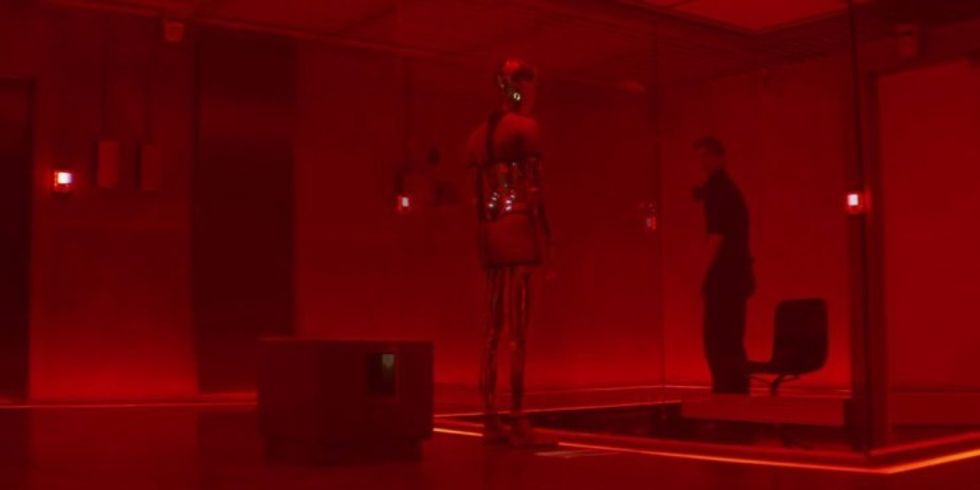Artists Fight AI (and DeviantArt) in New Class-Action Lawsuit
Artists step onto the messy artificial intelligence battlefield with a new lawsuit.

We've talked a lot about AI here on the site. We love a new technology that could make things easier for filmmakers—from creating storyboards to cleaning up dialogue to casting—but it's always been a little bit of a fuzzy line, and no one is sure when they've crossed into robot overlord territory. When does this content cease being "art," and who gets credit for it? When is it stealing from something that already exists?
Well, some artists are taking a stand in a new class-action lawsuit to assert their copyrights and more.
The suit, filed over the weekend, names Stability AI, Midjourney, and DeviantArt as defendants, and accuses them of "direct copyright infringement, vicarious copyright infringement related to forgeries, violations of the Digital Millennium Copyright Act (DMCA), violation of class members' rights of publicity, breach of contract related to the DeviantArt Terms of Service, and various violations of California's unfair competition laws." The plaintiffs are artists Sarah Andersen, Kelly McKernan, and Karla Ortiz.

The damages from this could be potentially huge.
"Even assuming nominal damages of $1 per image, the value of this misappropriation would be roughly $5 billion," Butterick writes.
If you want to learn more about how Stable Diffusion works, definitely check out Butterick's post about the lawsuit.
DeviantArt, which is essentially just an art portfolio site that has existed now for decades, finds itself in hot water after welcoming AI-generated art on the site in November 2022. This decision was met with immediate protest, forcing the site to backtrack. The problem at the time was the same as the current lawsuit—all artists' works on DeviantArt were automatically opted in for use in AI art without their consent.
DeviantArt quickly issued an update:
AI generators were trained using datasets collected from the open web. This includes content from creator platforms like DeviantArt, Pinterest, Twitter, and more. This was done without DeviantArt's permission and without your permission.
To help prevent your work from being used by third-party AI datasets without your consent, we implemented a flag to tell AI datasets not to use your art.
Big yikes.
As the class-action lawsuit contends, DeviantArt "offers DreamUp, a product that unlawfully infringes on the rights of its own art community. To add insult to injury, a large portion of the training data for Stable Diffusion—which powers DreamUp—was made up of images scraped from DeviantArt without permission from the artists that posted them."
"As burgeoning technology continues to change every aspect of the modern world, it's critical that we recognize and protect the rights of artists against unlawful theft and fraud,"lawyer Joseph Saveri said. The Joseph Saveri Law Firm filed the suit. "This case represents a larger fight for preserving ownership rights for all artists and other creators."
Let us know what you think in the comments.
Source: PR Newswire











